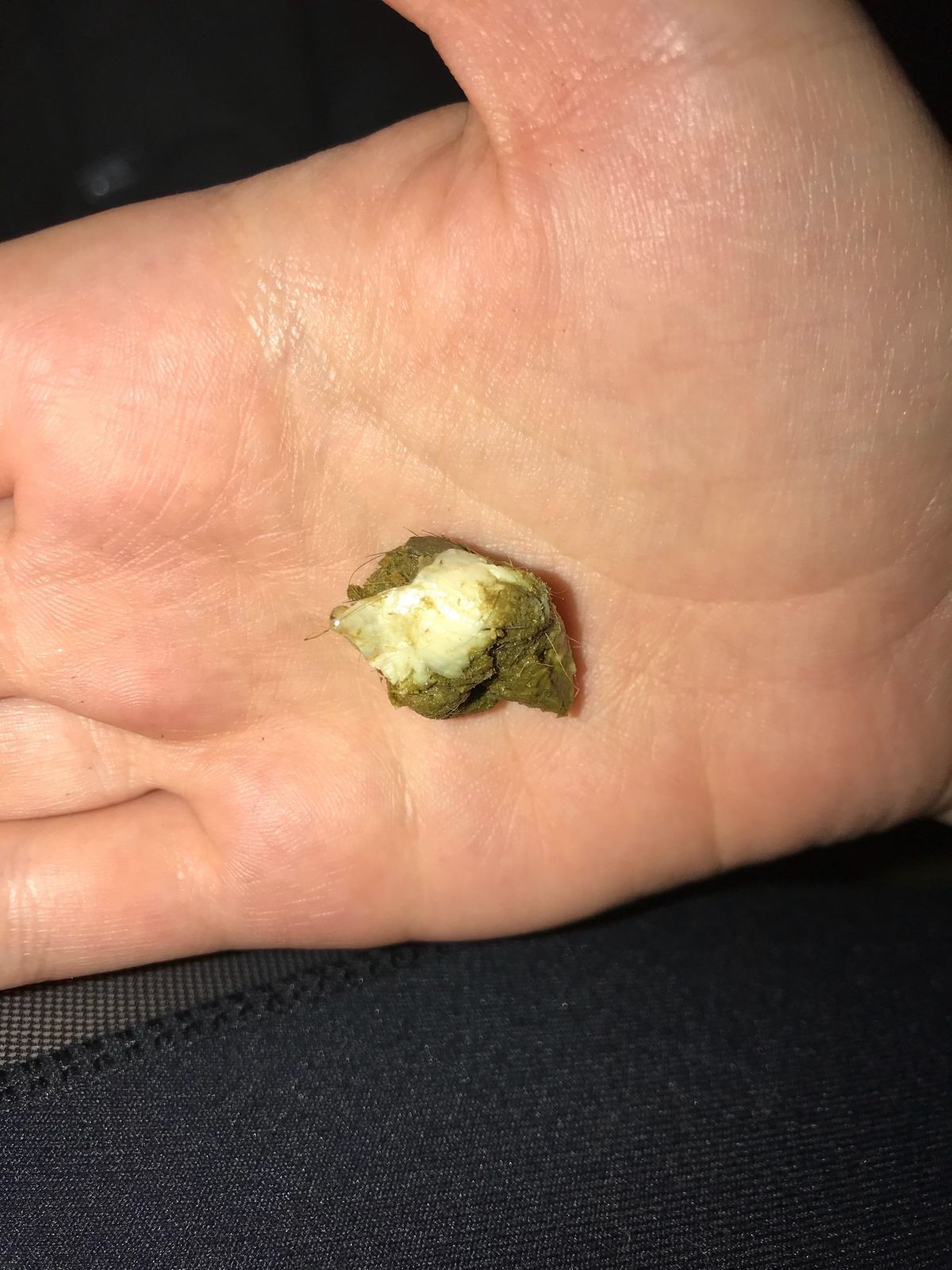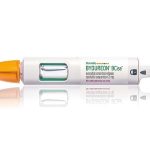
Contents
- 1 Can You Still Poop With Impacted Feces?
- 1.0.1 What are the causes of fecal impaction?
- 1.0.2 What are the symptoms of impacted feces?
- 1.0.3 What are the complications of fecal impaction?
- 1.0.4 What is the treatment for impacted feces?
- 1.0.5 Prevention of fecal impaction and lifestyle modifications for healthy bowel movements
- 1.0.6 Why is my baby crying while pooping?
- 1.0.7 How can I relieve my baby’s gas?
Can You Still Poop With Impacted Feces?
Digestion is the process of breaking down food in the gut so that it is easily absorbable. Food travels from the mouth to the food pipe, stomach, small bowel, and large bowel to be eliminated through the anus.
- The small bowel absorbs nutrients from food, while the remaining portion enters the large bowel.
- The large intestine absorbs water and salts from undigested food and eliminates waste called feces.
- Feces are excreted or defecated from the body.
Sometimes, waste becomes stuck (impacted feces) in the large intestine due to various reasons. When feces stay in the bowel for a long time, they form a hard and dry mass that gets stuck in the rectum. This is called fecal impaction.
- Once fecal impaction occurs, the intestine cannot remove the feces through normal contractions.
- Therefore, it is typically impossible to defecate or poop with impacted feces.
Impacted feces can block the intestine, preventing the excretion of new waste and causing further accumulation. There are several treatment options available for impacted feces.
What are the causes of fecal impaction?
The main cause of fecal impaction is constipation, which is difficulty passing or infrequent passing of stools. Chronic constipation can lead to fecal impaction.
The causes of constipation include:
- Side effects of medications
- Poor nutrition
- Lack of fiber in the diet
- Dehydration
- Chronic medical conditions such as diabetes or thyroid disorders
- Problems in the digestive system
- Frequent diarrhea
- Intestinal obstruction (causes may include adhesions, hernia, and tumors)
- Complications from pelvic or colorectal surgery
- Continuous vomiting
- Spinal cord injury
- Stress
What are the symptoms of impacted feces?
Symptoms of fecal impaction require immediate medical attention. They include:
- Stool soiling
- Abdominal pain
- Bloating
- Abdominal discomfort
- Feeling of fullness
- Urge but unable to defecate
- Nausea
- Vomiting
- Fecal material in vomit
- Headache
- Loss of weight
- Loss of appetite
- Increased heart rate
- Dehydration
- Rapid breathing
- Fever
- Irritability
- Mental confusion
- Loss of bladder control
What are the complications of fecal impaction?
If not treated, fecal impaction may lead to:
- Tears in the intestinal wall
- Hemorrhoids
- Anal tears
- Anal bleeding
QUESTION
What is the treatment for impacted feces?
Treatment options for impacted feces include:
- Laxatives: This is the first method of treatment for fecal impaction. Oral laxatives or medicated suppositories can help.
- Manual removal: If laxatives don’t work, the doctor may suggest removing the feces manually.
- Enema: If the blockage cannot be removed manually, an enema may be used.
- Water irrigation: Water irrigation involves pushing a hose into the colon.
- Treatment of the underlying cause: The underlying cause of impaction should be addressed.
Prevention of fecal impaction and lifestyle modifications for healthy bowel movements
One way to prevent fecal impaction is to prevent constipation.
Ways to prevent constipation and maintain healthy bowel movements include:
- Drinking plenty of fluids to prevent dehydration
- Drinking fluids that act as natural laxatives
- Eating fiber-rich foods
- Reducing intake of sugary foods
- Exercising regularly
- Managing stress
Why is my baby crying while pooping?
In most cases, babies cry when they poop because their digestive system is immature.
The first few months with a baby are often a learning curve for parents.
Every little deviation from normal is cause for concern. One scare parents often face is the baby’s pooping problems. Is my baby pooping enough? Why does my baby strain and appear red while pooping?
In most cases, newborn babies strain and cry, and their faces may turn red when they have a bowel movement. Newborn babies will have one or more bowel movements daily, but may skip passing stools for a day. This is normal if the baby is active and gaining weight.
Breastfed babies’ stools are soft and slightly runny. Formula-fed babies’ stools are a little firmer. It is difficult for babies to pass stools because their abdominal muscles are weak.
In most cases, no intervention is necessary. If the stool is hard like a pellet, tinged with mucus or blood, or there are rashes around the baby’s anus, contact the pediatrician.
Other reasons for babies crying when pooping may include:
- Babies cry when they poop because their digestive system is immature.
- Some babies are extra sensitive to harder poop, especially when starting with solid foods.
- Anal tear, diaper rash, or food intolerance could make bowel movements painful.
- If the baby always has these problems, contact a doctor to exclude any blockage or other issues.
How can I relieve my baby’s gas?
Most newborns suffer from gas, particularly between one to four months of age. This is more common in bottle-fed infants and those on pacifiers.
A few methods to relieve gas in the baby are:
- Simple home remedies for baby gas:
- A warm bath and compress work as natural remedies for colicky babies.
- Gentle massaging of the abdomen can expel gas.
By clicking Submit, I agree to the MedicineNet’s Terms & Conditions & Privacy Policy and understand that I may opt out of MedicineNet’s subscriptions at any time.
By clicking Submit, I agree to the MedicineNet’s Terms & Conditions & Privacy Policy and understand that I may opt out of MedicineNet’s subscriptions at any time.


